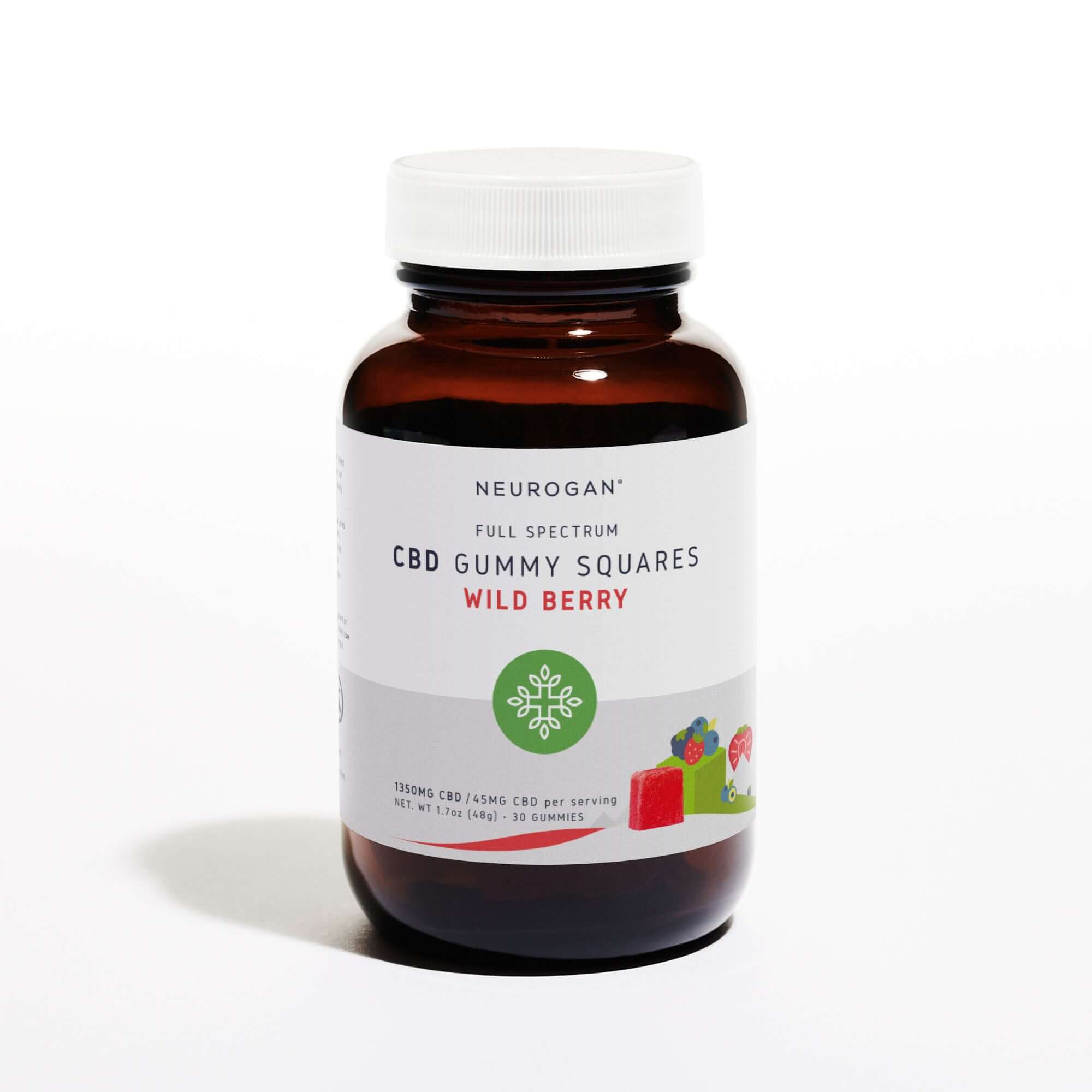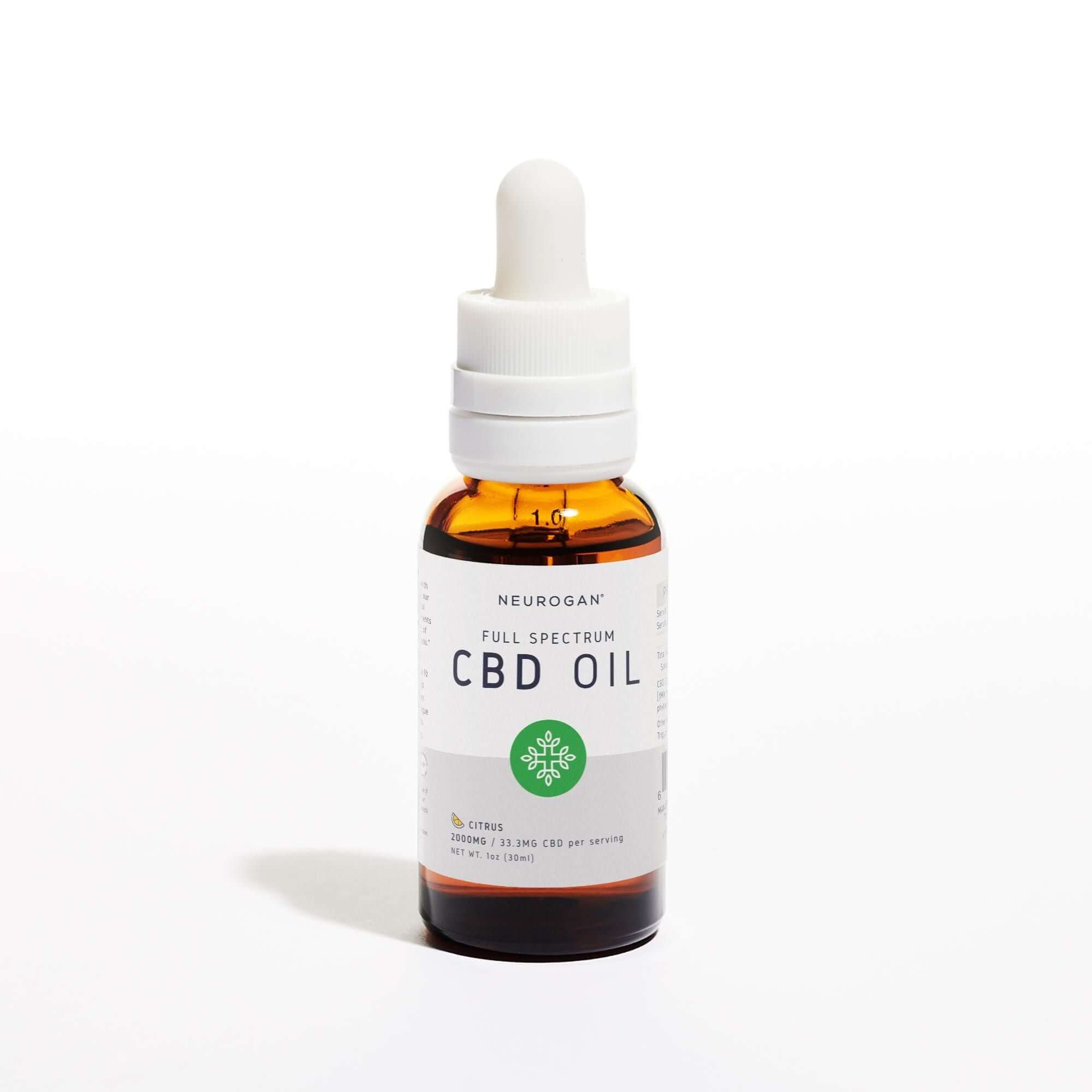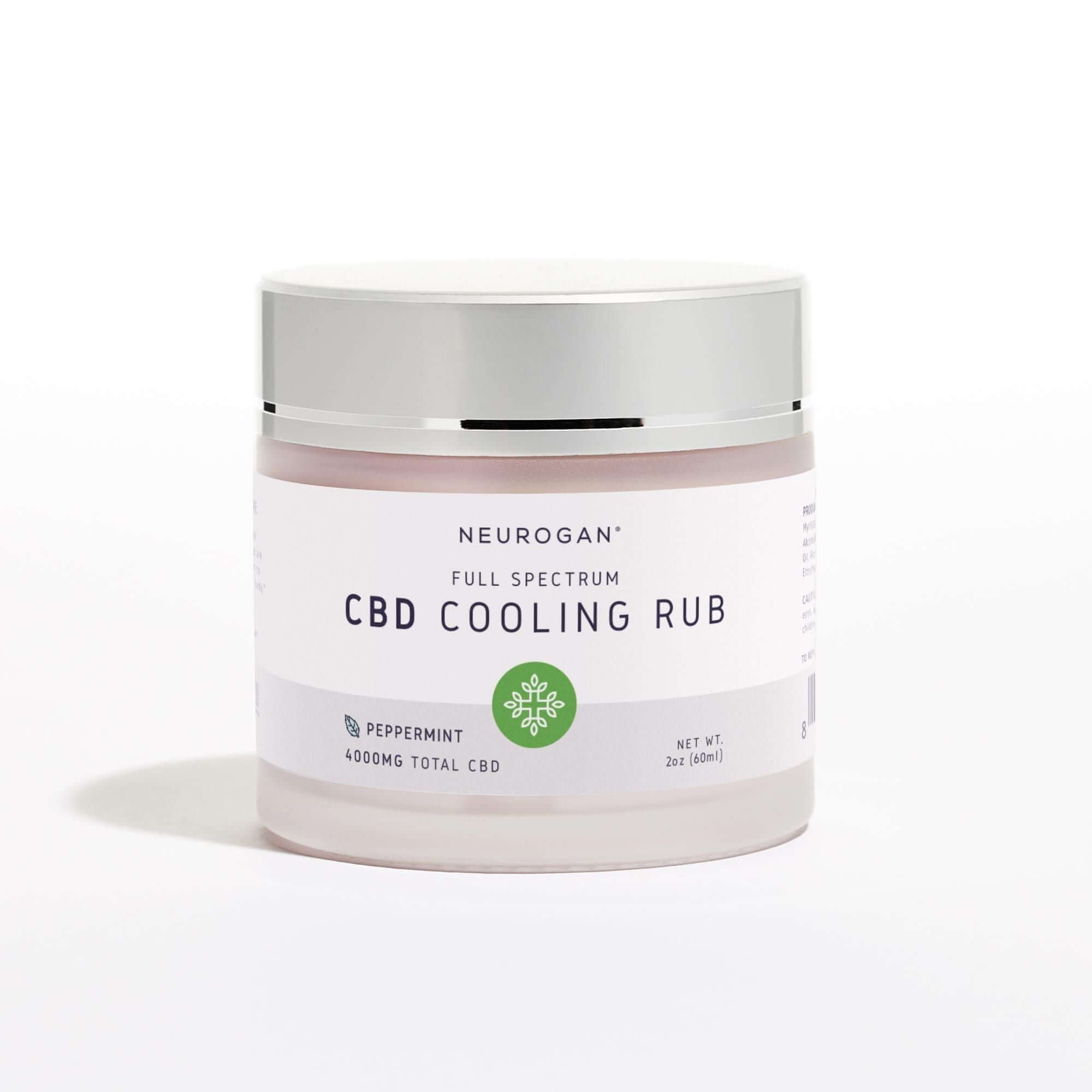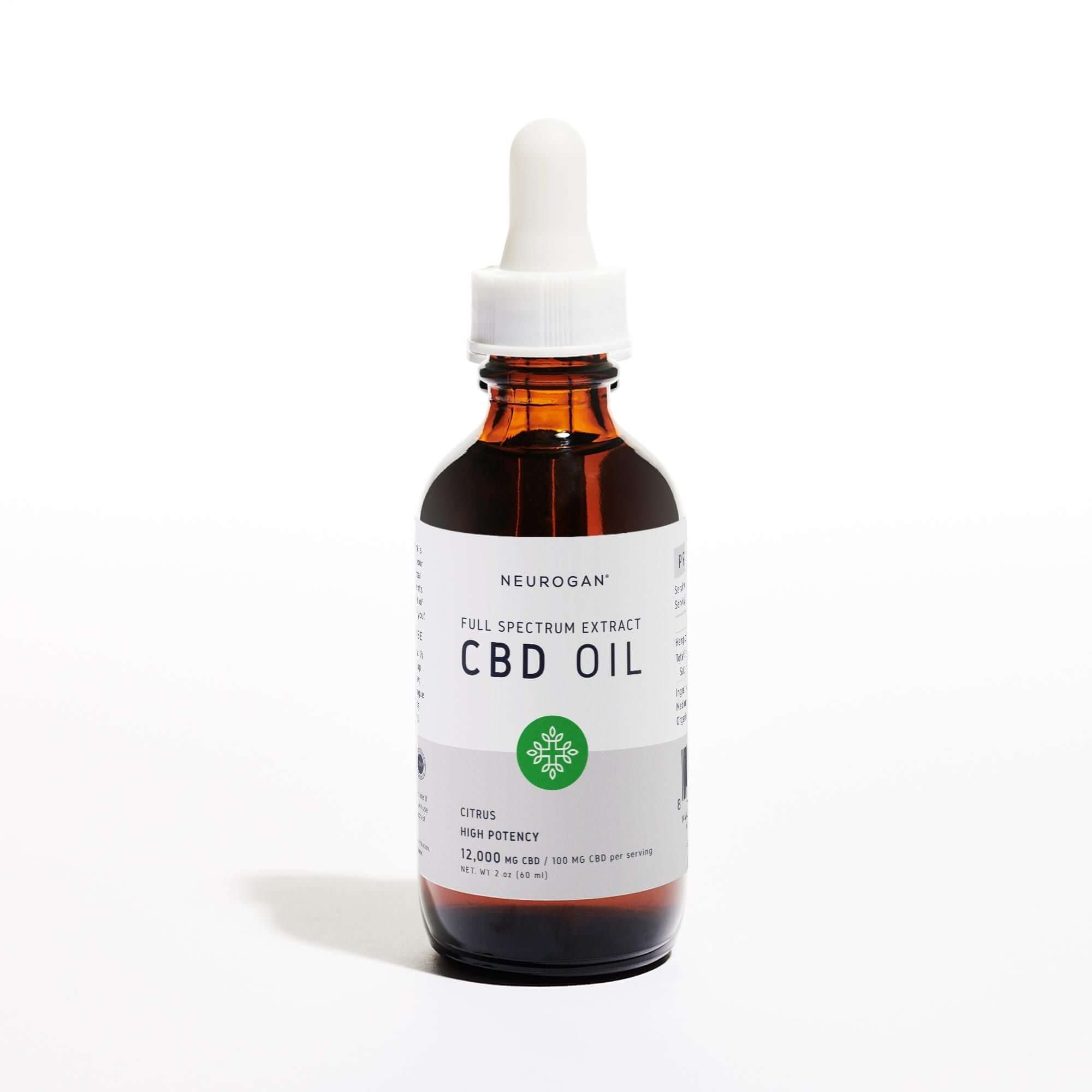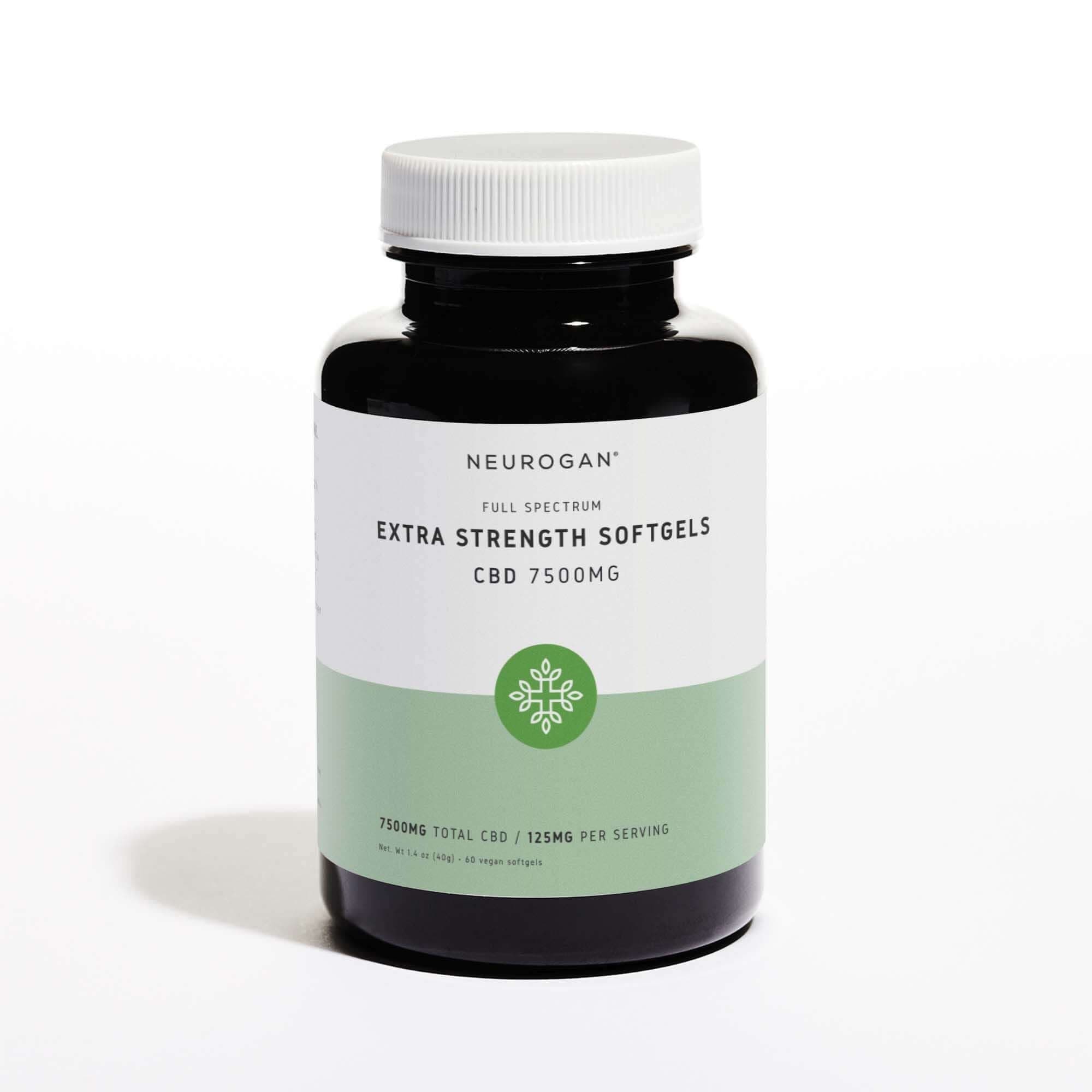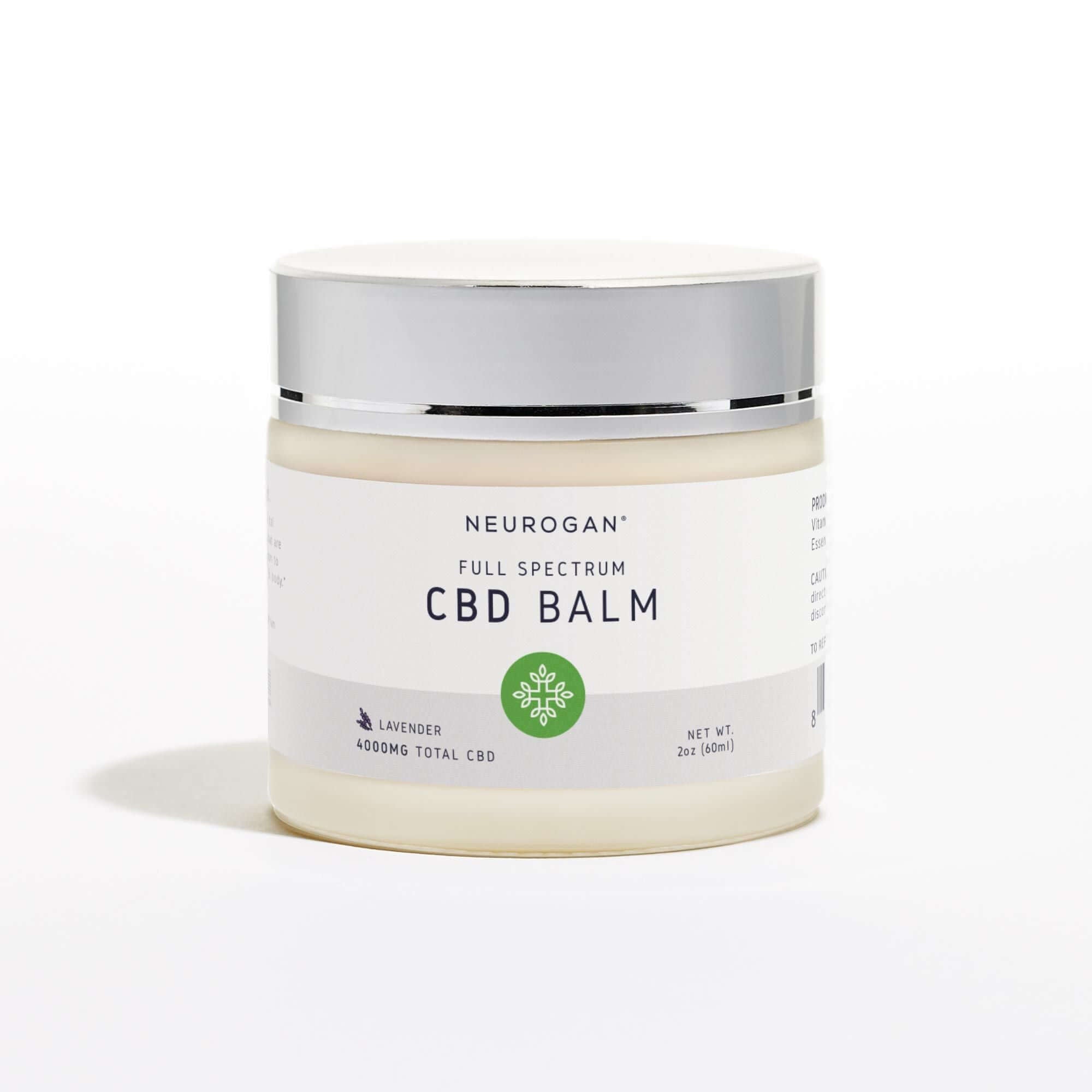Just to be clear — CBD (cannabinol) derived from hemp isn't illegal in the United States. However, some people may need to clear CBD use from their system if they're subject to a drug test in certain professions, such as athletes and military personnel.
In very rare instances of drug testing, traces of certain cannabinoids in the body can trigger a positive drug test, even if the individual uses a legal and pure form of CBD.
Some individuals may choose to clear CBD from their system for personal reasons, such as avoiding potential drug interactions (CBD with other medications).
By the end of this article, you'll have a stronger understanding of the CBD half-life, which refers to how long CBD stays in your system and how CBD is cleared from the body.
Key Takeaways:
-
CBD half-life measures the time it takes to eliminate half of CBD's original concentration from the body.
-
Factors such as the individual's age, weight, liver function, medications, mode of administration, and potency of the CBD product can affect CBD's half-life.
-
The half-life of CBD can vary from 18 hours to 5 days based on therapeutic drug monitoring clinical trials.
-
There's no guaranteed way to eliminate CBD quickly from your system. Some people may find ways to improve general liver function to support its role in drug metabolism.
What Is A Half-Life?

The term "half-life" refers to the amount of time it takes to eliminate half the compound (half of its original concentration) from the body.
This is done by a drug metabolism process, by which the body chemically modifies the compound with liver enzymes and other tissues to make it more water-soluble and easier to eliminate.
You can think of it like this.
If you take 100 mg of a substance with a half-life of 5 hours, after the 5 hours have passed, you'll have 50 mg of the substance remaining in the body.
After another 5 hours, you can expect to have 25 mg remaining, and so on, until it's completely eliminated.
The measurement of a half-life isn't very accurate, as several factors can influence CBD's half-life, including:
-
Age
-
Liver function
-
Genetic differences in drug metabolism enzymes
-
Method of administration
-
Level of health
-
Other medications
-
Potency (mg CBD)
CBD Half-Life: How Long CBD Stays In Your System
When searching "the CBD half-life" on the internet, you'll find a wide range of answers from 2 hours to 5 days based on multiple clinical trials using therapeutic drug monitoring (measuring the concentration of the drug in the patient's blood) [1].
This is quite a significant window, so what's the deal here?
Well, the short answer is that the half-life of CBD can vary from person to person — depending on age, metabolism, weight, the bioavailability of CBD, CBD concentrations, the presence of other medications in the body, etc.
The general estimate of 18-32 hours is often used as a starting point to determine the expected duration of CBD's effects and the time it will take to clear from the human body.
This is based on a study on the intravenous administration of CBD, but other CBD administration forms have varying half-life results [2].

There's not much clinical evidence to show precisely how long CBD stays in the body because many factors affect how the body processes CBD.
For example, a person with a fast metabolism may metabolize and excrete CBD more quickly than someone with a slower metabolism.
Not only that, but oral administration with CBD oil seems to stay in the body longer than if it's consumed as smoke or vapor.
The frequency and dosage of CBD consumption can also impact how long it stays in the body.
It's also worth considering that with so many CBD products on the market, there's no standardized cannabis extract that has a consistent and accurately measured amount of specific active compounds in a given product. This means that the amount of time that a CBD product stays in a person's system can vary from brand to brand, depending on its potency.
Because of all these factors, it can be difficult to predict with certainty how long CBD will stay in the body for any one individual.
How Is CBD Oil Metabolized In The Body?

CBD is metabolized in the body by a series of processes that involve enzymes in the liver and other tissues.
How you consume CBD (smoking versus eating it) can also affect the metabolization process.
When CBD is smoked or vaped, it's rapidly absorbed into the bloodstream through the lungs. Once CBD is in the bloodstream, it can interact with the endocannabinoid system all throughout the body.
On the other hand, when CBD is taken orally (gummies, tinctures, capsules, and tea), it's absorbed more slowly into the bloodstream through the digestive system.
After consuming CBD oil, it goes into the bloodstream and travels to the liver, where the cytochrome P450 enzyme system metabolizes it.
This system is responsible for breaking down and removing many medications, chemicals, and other substances from the body.
Once CBD is metabolized by the P450 system, it's converted into various metabolites that can be eliminated from the body through urine and feces.
Frequently Asked Questions: CBD Half-Life & How To Eliminate CBD From Your Body

1. Can CBD oil make you fail a drug test?
CBD isn't a compound that most drug tests are detecting for, as it's not illegal. However, it is possible to detect CBD in drug tests. Still, because it's not illegal to use CBD regularly, it's not a major concern as CBD doesn't have intoxicating effects that can impact psychomotor functions.
Drug tests typically look for the presence of THC metabolites —THC-COOH from marijuana use. Since there can be up to 0.3% THC in full spectrum CBD products, it's possible for long-term hemp-derived CBD users to fail a drug test, but it's not likely.
Many CBD users anticipating drug testing will use broad spectrum CBD products or pure CBD isolate to stay on the safe side as it's guaranteed free from THC.
2. Do topical CBD applications enter the blood stream?
Unless you're using medical-grade, transdermal CBD patches, topical CBD applications such as creams, balms, and lotions will not enter the bloodstream.
CBD administered topically interacts with nearby cannabinoid delivery systems in the skin to produce its effects. While some absorption into the bloodstream may occur with high mg CBD topicals, it's very minimal and not significant enough to produce systemic effects.
Many people enjoy topical CBD products for localized comfort from inflammation, pain, and some skin concerns, but it's not ideal for sleep support, mood, or focus.
3. Does CBD get stored in fat tissue?
CBD and other cannabinoids are believed to be stored in fat tissue because they're lipid-soluble compounds. This means that cannabinoids readily dissolve in fats, as opposed to water.
Once stored in fat tissue, the cannabinoids can be slowly released back into the bloodstream over time, providing a slow and steady release of their effects. This could be the reason why oral CBD consumption has a longer duration of effects than smoking CBD. However, the exact pharmacokinetics of CBD and other cannabinoids, including their storage and release from fat tissue isn't well understood.
4. Does smoking CBD stay longer in your system?
Smoking CBD may actually have a shorter lifespan in the body.
Smoking CBD can result in faster onset and shorter duration of effects compared to oral consumption. This is because when CBD is smoked, it's quickly absorbed into the bloodstream through the lungs, resulting in quick and potent effects. However, these effects also tend to be short-lived, as the compounds are rapidly metabolized and eliminated from the body.
5. Are oral CBD products more potent than smoking and intravenous administration?
Intravenous administration is the most potent method of consumption, as the compounds are delivered directly into the bloodstream, resulting in rapid and potent effects. This method is usually only used in medical settings and is not recommended for recreational use.
Smoking CBD can also produce potent effects. However, the effects are also short-lived and rapidly metabolized and eliminated from the body.
Oral consumption of CBD, like taking CBD edibles or CBD pills, results in slower onset and longer duration of effects compared to smoking or intravenous administration. This is because the compounds are absorbed more slowly through the digestive system and are subject to first-pass metabolism in the liver before entering the bloodstream.
Some people may claim that eating CBD or THC products feel much stronger than smoking it, but this may be because it takes longer for the effects to kick in, and it's easy to overdo it when you don't feel the effects right away.
6. Is there a fast way to eliminate CBD from your system?

Despite the detox kits you may have come across on Amazon or in health food stores, there's no magic pill to help you eliminate CBD or speed up the half-life of CBD.
How fast CBD is eliminated depends on several factors, such as the amount consumed, frequency of use, and the individual's metabolism rate. CBD is typically metabolized by the liver and excreted through the urine and feces.
The elimination process can take anywhere from a few days to a couple of weeks, depending on the individual.
While CBD is generally considered safe, you should still check in with your healthcare professional before using it, especially if you are taking any medications or have a medical condition.
7. How long do the effects of CBD last?
How long the effects of CBD last is different than how long it takes for the body to eliminate CBD. Just because you don't feel the effects of CBD anymore doesn't mean that it's completely out of your system.
The duration of the effects of CBD can vary depending on several factors, such as the method of consumption, the amount consumed, and the individual's metabolism.
In general, the effects of ingested CBD, such as oil or gummies, can last for 4 to 6 hours, while the effects of inhaled CBD, such as from vaping or smoking, can be shorter-lived and last for 1 to 3 hours.
Resources:
-
Millar, S. A., Stone, N. L., Yates, A. S., & O'Sullivan, S. E. (2018). A systematic review on the pharmacokinetics of cannabidiol in humans. Frontiers in pharmacology, 9, 1365.









